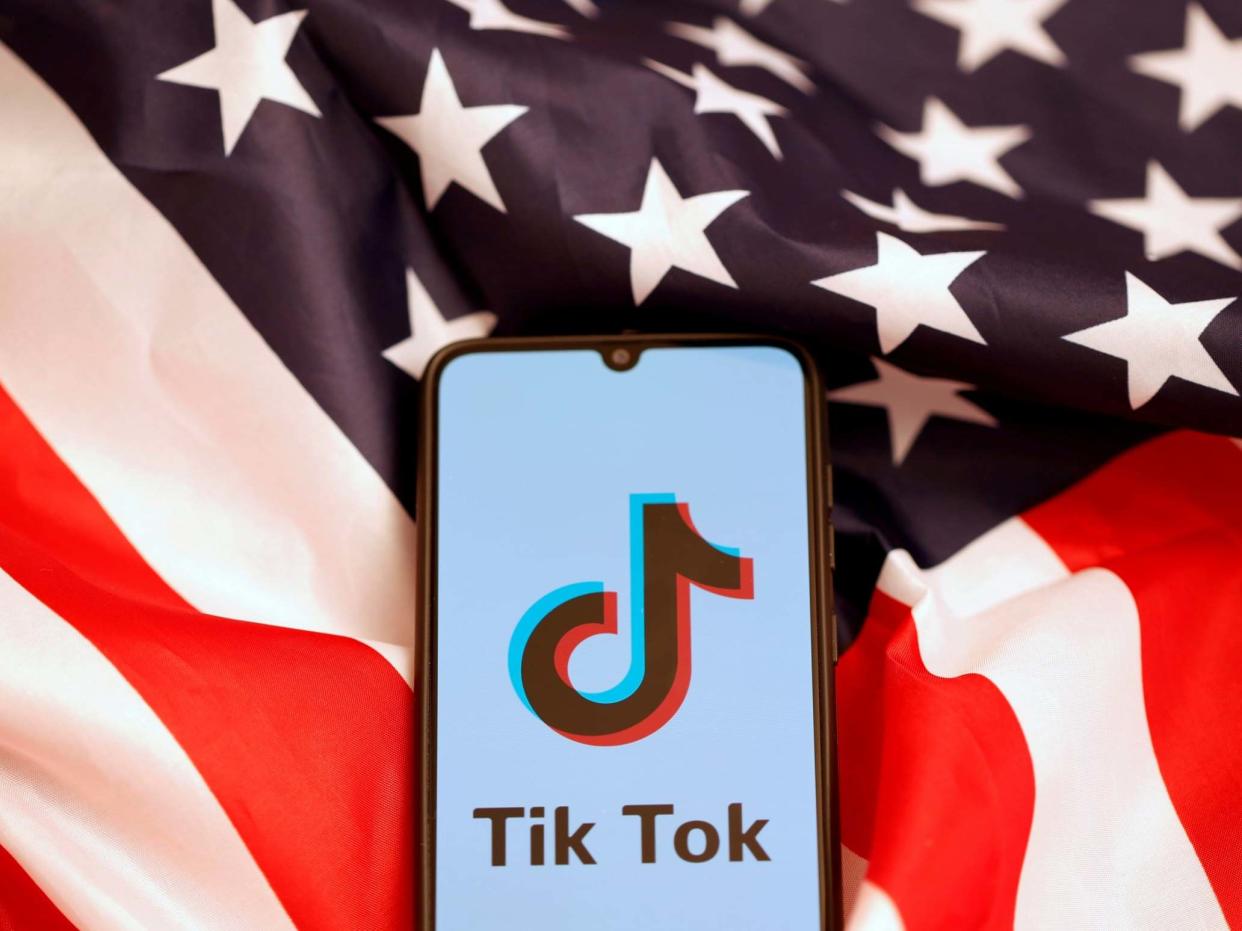What happens to TikTok matters to the world economy. Improbable? Yes, but it's no exaggeration

What happens to TikTok has become, improbably, one of the great stories of our time – one that will help us understand how the world economy is likely to develop over the next 30 years. This is about global rivalry between the US and China of course, but it is also about American politics, about international finance, about the interaction between technology and human behaviour, about the battle between the high-tech giants of the American West Coast, and in the light of TikTok’s parent company planning to move its HQ to London, about the walk-on role that the UK may have in the great game.
Improbable? Well, yes for heaven’s sake, for this is just a smart-Alec lip-synching video thing that has become the fad of the year, with two-thirds of its users under the age of 30. But it is massively important and here are half-a-dozen reasons why.
One, TikTok is the first truly innovative social network from China. Up to now Chinese platforms have, put bluntly, been clones of US ones. This is different, showing that the country can compete with the US in a way that, for example, Europe cannot.
Two, this gets China into the Indian market, with the growth of Indian subscribers driving its total downloads past the two billion mark. India will soon be the world’s most populous country, passing China. But up to now India has looked to the US rather than China for social and economic leadership. It still will, but this is the first example of Chinese “soft power” reaching one of the countries that matters most to the future of the world.
Three, Donald Trump is angry. Whatever your view of the man, he intuitively understands social media in a way that hardly any US politicians over the age of 30 truly do. He understands that for China to control such an important social media platform will inevitably give it influence in US politics, whoever happens to be in the White House or in Congress.
Four, if Microsoft does get control of the US side of TikTok, that brings the great old lady of high-tech America into direct rivalry with its newer rivals, especially Facebook and Google. This is good news for people who believe that the best way to preserve diversity of both information and opinion in a fractured world is to have diversity of media platforms. Put another way, if you are going to have an oligopoly – and I am afraid the nature of social media is that oligopoly is inevitable – better to have five or six giant players rather than two or three.
Five, reputation matters. For all its faults, and Microsoft has been an aggressive exploiter of its software dominance for many years, it carries respect. If it is indeed able to take charge of TikTok in America it will be thanks to that body of respect it has built up over many years. It can also afford to buy it, not an inconsequential matter. The financial power of the West Coast high-tech sector is utterly stunning, but those members of the club that are perceived to behave well have more leeway to deploy that power than the ones in the doghouse.
Finally, there is this matter of a possible move of the headquarters of the parent company ByteDance to London. There has been a lot of comment about this in geopolitical terms. Might such a move upset Donald Trump since he is trying to ban the thing in the US? Does it signal a truce between China and the UK in its current spats over Hong Kong and Huawei? What does it say about the role of the UK in the world post-Brexit?
I can understand these sorts of questions but I suggest that on a long view they don’t matter much. What matters is that the relationship between China and the US is managed in a measured and orderly way. These will be the great powers of the next 30 years, and within about 10 years China will become the larger economy. China is already probably larger than the EU now the UK has left. The US and China have to get along. The rest of us are important insofar as we can help them do so.
If TikTok’s parents want to base themselves in London they should be encouraged to do so because that is helpful in the longer term. We are not the US. We make our own decisions. We will have and will continue to have substantial differences of opinion. But we have for many cooperated on mutual security, including through the Five Eyes security network, and we will continue to do so.
My own view is that the US will eventually emerge as the clear global leader, even with China as a somewhat larger economy for a while. But meanwhile this strange little thing you download on your phone is a clear sign that China will be a doughty competitor, and that is good too. We all need competition – as long it is orderly, fair and open to scrutiny.

 Yahoo News
Yahoo News 
